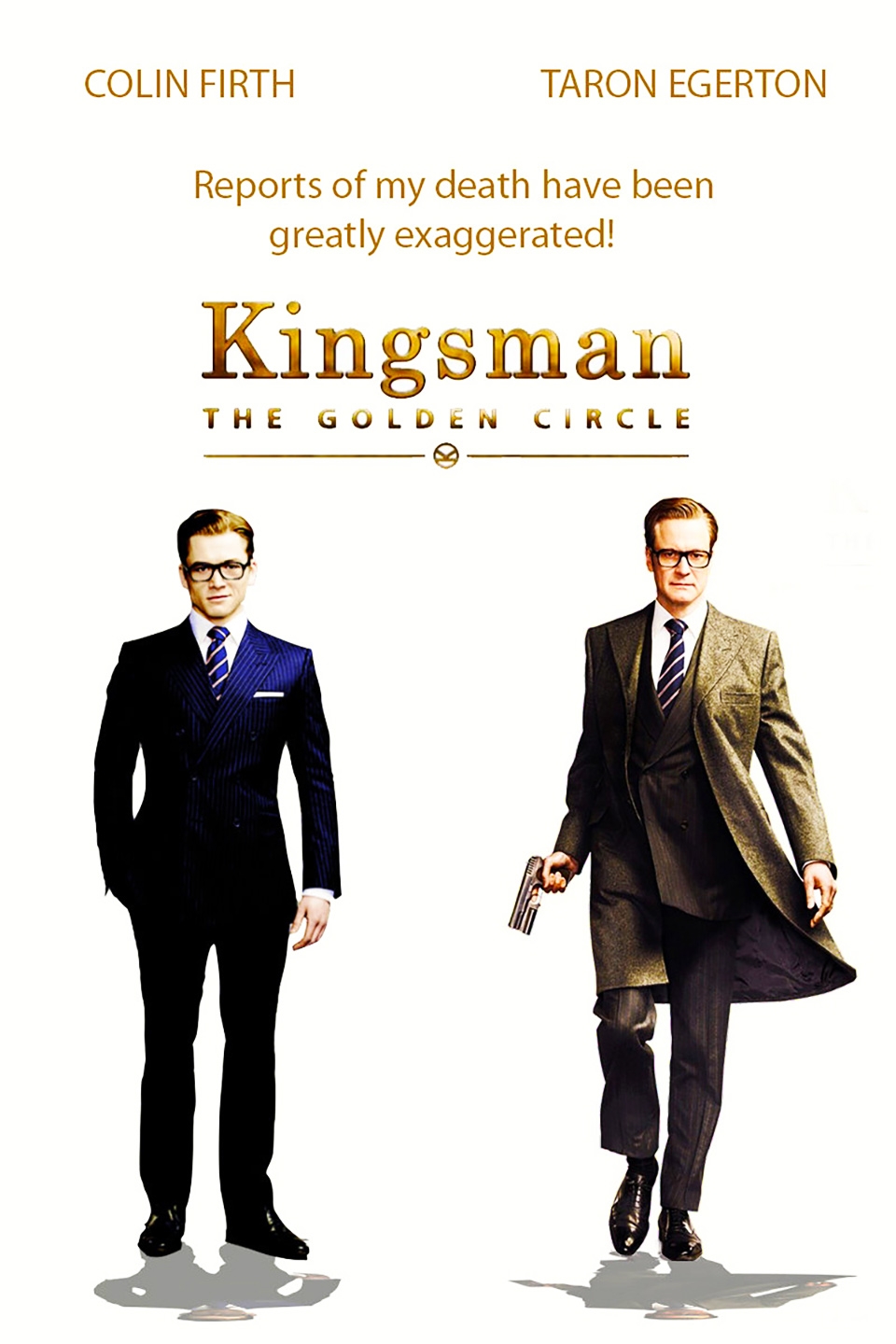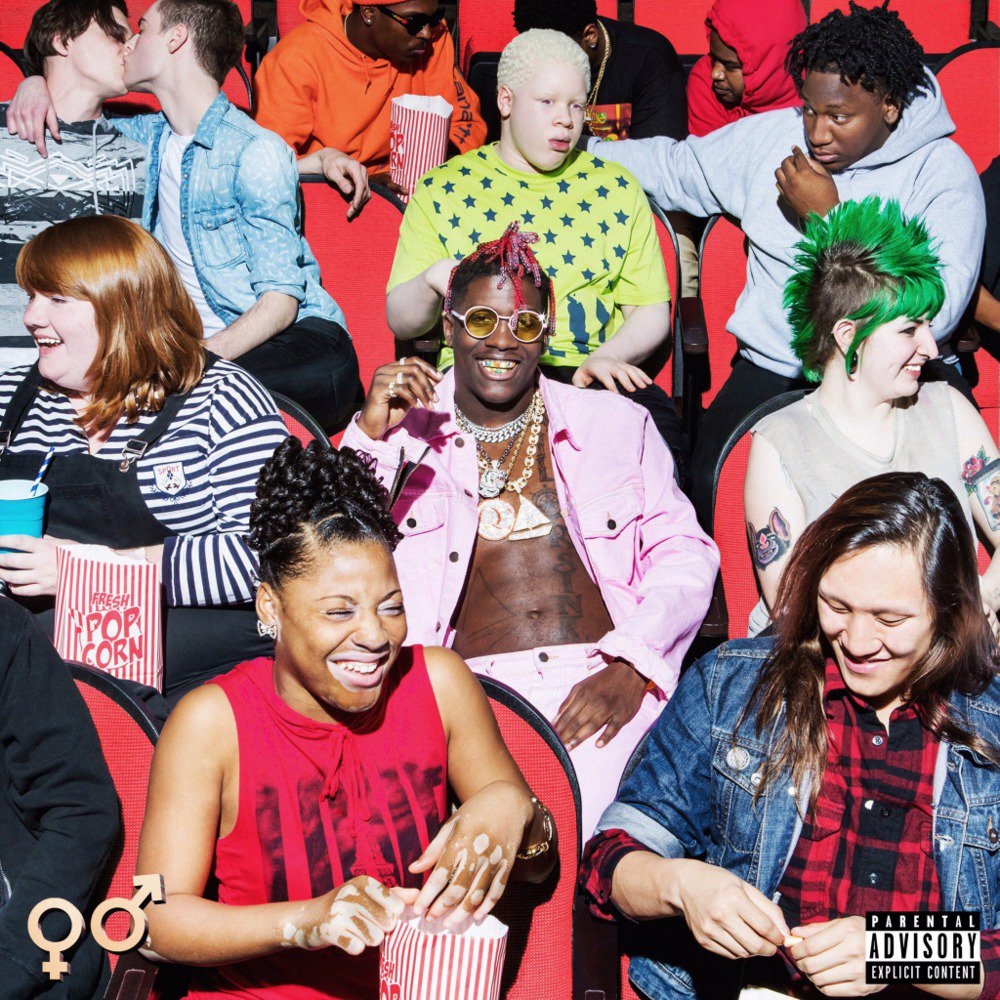Sean Armstrong | Staff Writer
11/01/18
Football Manager 2019 can best be described as the Gameboy Advance version of soccer if FIFA is the sport’s Gamecube equivalent. The game has lower quality graphics and fewer features, but the emphasis on fun is identical.
Football Manager 2019 is an annually upgraded version of a simulation game not unlike that of The Sims or The Tycoon Series. The objective of the game is to take on the role of a real-life soccer manager from major leagues like the Bundesliga, Serie A or the English Premier League. However, due to licensing issues, some of those teams may not have their real-world uniforms in the game or their actual logos, but the players are, of course, the same.
The striking difference about this iteration in comparison to past entries is the graphics are sleeker and bear more resemblance to 3DS quality graphics than the previously mentioned Gameboy Advance. Still, every version has brought better graphics to the table than the last; so, while it may be the first thing noticed when the game starts, it is hardly the most game-changing element the series has to offer.
Instead, the big switch for 2019 was the approach to training the players. In the past, it was merely select a level of difficulty for the team to train at and the game algorithm would simulate the results. Training was the most underdeveloped piece of the game and the least realistic depiction of real-world soccer coaching.
This change has been daunting to grasp, but if realism was the goal of this franchise, then they may have achieved that. In real life, there is an endless number of ways to approach training a team and an equally endless number of results derived from those choices. While the game cannot give the player an endless number of choices, it can provide a very high number of combinations for the player to choose.
The way the team trains does have a result on how they perform during matches. If they train too easily, then they are less likely to do well against teams that train far more rigorously. Likewise, if they train too hard, the players are more likely to get injuries that keep them out of the team for an extended period. The key here, like many things in life, is finding the right balance.
Still, training is not the only aspect of the game that impacts match performance. Tactics are also highly influential. The only change in 2019 to this aspect of managing a soccer team is the ready-made template at the beginning of the tactic selection.
This selection process is best compared to when a person opens up Microsoft Word and sees templates for cover letters, brochures and journals. Just like in Word the options are open, but not required if the player wants to create a tactic. Instead, the player can start from scratch, beginning with the width the team likes to play at all the way down to the manager-enforced priorities of every player on the pitch.
While the first two aspects of the game are intriguing for those that are enthralled by the imaginary prospect of managing a professional soccer team, the uncontrollable and tricky part comes in the form of player chemistry.
In 2019, the second version of player chemistry is in effect. The first version, in 2018, was more for aesthetic appeal than actual game experience. The interactions between players could be seen and were sort of interesting, but did not result in anything other than small quarrels that would just blow over if ignored for long enough.
In 2019 this is no longer the case. If the player is not getting good match results, then the team can and often will start a mutiny. The players will intentionally train at a lower intensity and stir up the media which can result in the firing of the player if the board of the football club decides it is necessary.
If a soccer manager in real life is not getting the results fans expect and has terrible press relations due to things like player leaks and interview presentation, then they will get fired. All of these team, media and manager relations are heavily reflected in Football Manager 2019 which only serve to add realism to the simulation orientation of the game.
Football Manager 2019 is the best version of the game to date because it achieves the most realistic image of real-world soccer management, which should always be the goal of a simulation game.
All in all, this game is logistically the best the series has ever been, but the increased complication of every aspect of soccer has soured the once sweet idea that maybe we could all manage a professional soccer team just as well as the managers we see on TV. In the end, for better or for worse, the series gets more realistic each year, which only kills that forlorn dream a little more each time.




